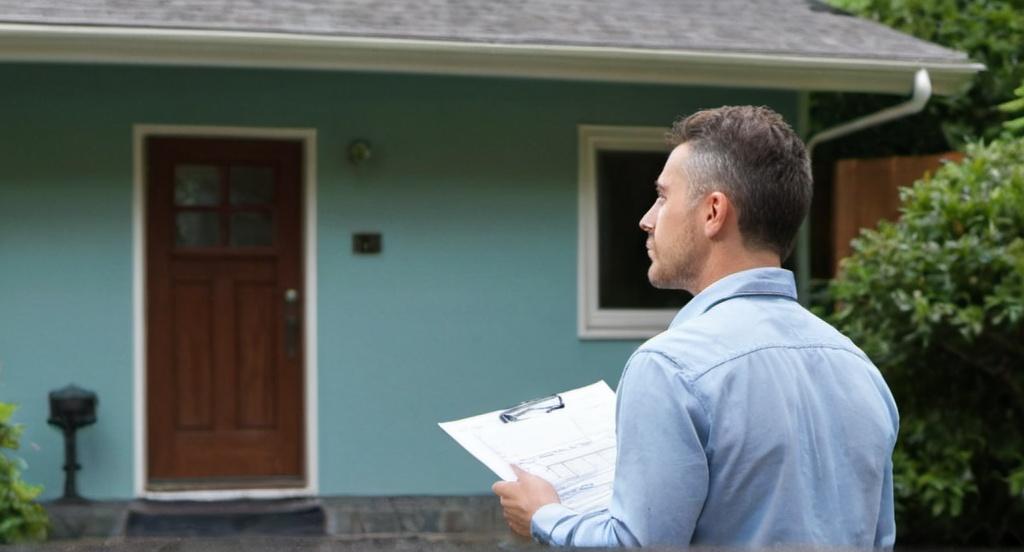Key Take Aways about Key consideration when renting a house
- Budget: Aim to spend less than 30% of monthly income on rent, accounting for other expenses.
- Location: Choose based on convenience and safety; consider neighborhood vibe.
- Lease Agreements: Understand lease terms, including early termination fees.
- Maintenance: Clarify responsibilities for repairs and maintenance in the lease.
- House vs. Apartment: Decide based on space needs and lifestyle preferences.
- Amenities: Focus on amenities you’ll actually use.
- Rules: Know the building’s regulations to avoid surprises.
- Utility Costs: Consider whether utilities are included in rent or separate.
- Inspect: Conduct a walkthrough to document existing issues before committing.

Understanding Your Budget
Renting a house starts with knowing your budget, plain and simple. You don’t want to end up living paycheck to paycheck because you’ve chosen a place that strains your financial health. A good rule of thumb is not to spend more than 30% of your monthly income on rent. But hey, life’s unpredictable. If you’re dealing with, say, student loans or saving up for that dream vacation, you might want to aim for even less.
On the flip side, renting too cheaply isn’t always the best move either. You might save a few bucks, but you could end up in a place that eats its own share in repair costs or has more quirks than you can handle. You know the kind: leaky faucets that drip like a bad rap song or neighbors who treat every Tuesday like it’s Saturday night.
Location Matters
The three most famous words in real estate: location, location, location. It’s not just about being close to work or school. Think about the neighborhood vibe—some folks love the hustle and bustle of a busy city street, while others prefer something quieter. Consider proximity to grocery stores, public transport, or even your favorite coffee shop.
And let’s not forget safety. Take a stroll around the neighborhood at different times of day. Is it well-lit at night? Are there random groups of people hanging around, or is it a ghost town that would make a tumbleweed feel at home?
Lease Agreements
Ah, the lease agreement—the document that’s often as thrilling to read as the terms and conditions you pretend to skim. But you’ve gotta know what’s up. Pay attention to details like the duration of the lease, pet policies, and even what happens if you decide to cut out early. Early termination fees can sneak up like a cat on carpet, so you’d better be sure you know what you’re signing up for.
Maintenance and Repairs
If you’re planning to rent, it’s crucial to know who’s responsible for what in terms of maintenance and repairs. Some landlords are attentive and fix things faster than you can say “leaky sink.” Others, not so much. Make sure it’s clear in the lease who takes care of what so you’re not stuck with a fridge that doubles as a sauna or a heater that only kicks in when it’s already warm outside.
House or Apartment?
Choosing between a house and an apartment is like choosing between coffee and tea—what’s best depends on your taste and lifestyle. Houses generally offer more space, which is great if you’re the kind of person who collects hobbies or needs a backyard for a pet. On the flip side, apartments often come with perks like gyms or pools, and you usually don’t have to worry about mowing the lawn or shoveling snow.
Check the Amenities
Amenities are the cherries on top of the rental cake. We’re talking Wi-Fi, parking spaces, laundry facilities, or even a gym. Some people can’t live without a dishwasher—a device that has saved more relationships than couple’s therapy. Others need that in-unit laundry to avoid hauling clothes to a laundromat.
But be careful not to get dazzled by amenities you won’t use. Sure, a rooftop pool sounds awesome in summer, but if you’re not a fan of swimming or you’re allergic to chlorine, maybe focus on other features.
Rules and Regulations
Every place has its own set of rules. Some buildings have strict noise policies—perfect if quiet is your thing, not so much if you rock out like a wannabe DJ. Others might have rules on guest parking, pet sizes, or even holiday decorations. If any rules seem like a deal-breaker, better to find out before you sign.
Utility Costs
Apart from rent, consider what you’ll be paying for utilities like electricity, water, and gas. Some rentals bundle these into the rent, which is convenient but not always the cheapest option. Others leave you to handle it yourself, which can mean fluctuating costs, especially if you’re heavy-handed with the thermostat.
Inspect Before You Commit
Don’t skip the walkthrough. Check for anything that seems off—like windows that don’t open, doors that won’t close, or rooms that look like they’ve been designed by someone who hates right angles. Take note of any existing damage and make sure it’s all documented, so you’re not blamed for it later.
Renting a house isn’t rocket science, but it does take a bit of strategy and some good, old-fashioned common sense. Know what you need, what you can afford, and what kind of lifestyle you want, and you’re already ahead of the game.